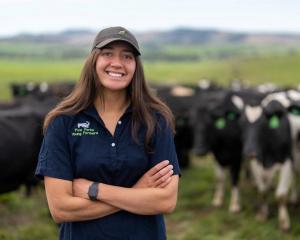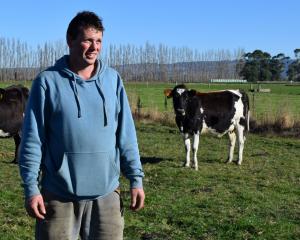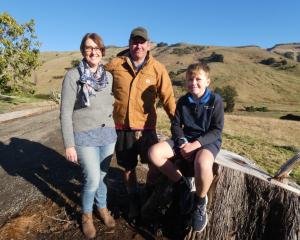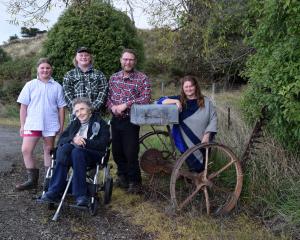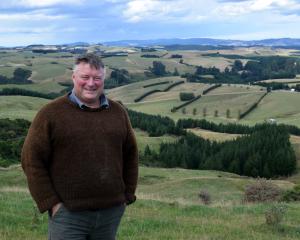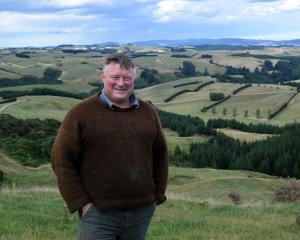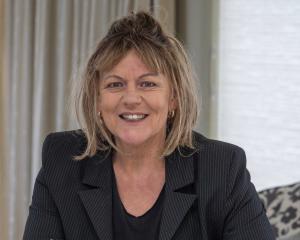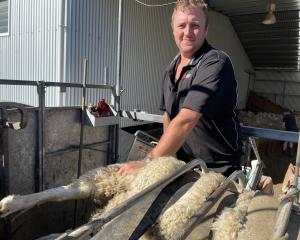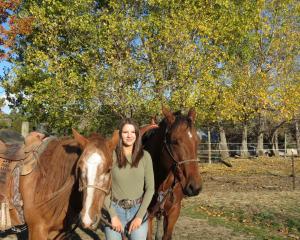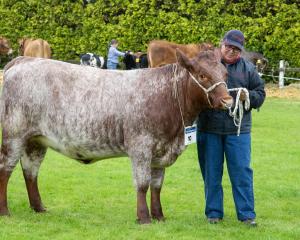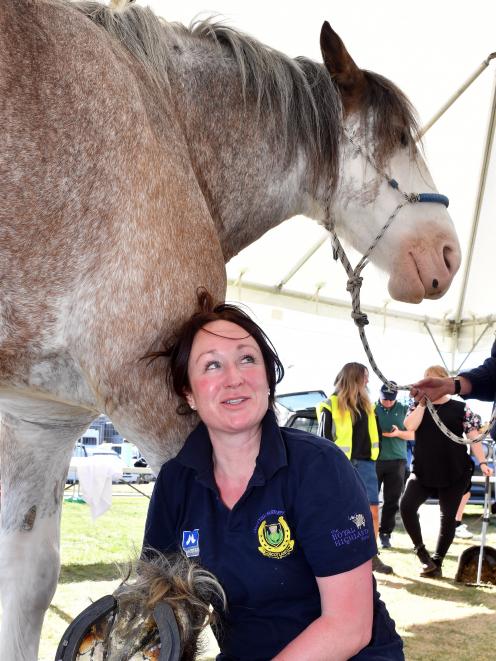
But the first woman in the world to receive a Fellowship of the Worshipful Company of Farriers in more 650 years is not necessarily what you expect.
Sporting sparkly fingernails, slight Scotswoman Sarah Brown is proof that women really can do anything, including in the male-dominated world of the farrier trade.
Ms Brown (41) recently attended the farrier competition at the Wānaka A&P Show, where she was relishing both the event and her first trip to New Zealand.
The Worshipful Company of Farriers was founded in 1356 in the London, at the request of the mayor, to manage those involved with the craft of farriery, and to uphold the welfare of the horse through good practice.
In 1674, during the reign of Charles II, the company was granted a Royal Charter, and it is number 55 on the register of the City of London Livery Companies.
The company is the awarding body for the farriery qualifications of diploma, associate and fellow. It upholds high standards of farriery both in the UK and in overseeing examinations abroad, and also runs an extensive programme of competitions for shoeing and shoemaking, and best shod horse awards.
Ms Brown grew up in Glasgow, where she rode ponies, and became fascinated by the work of farriers, even skipping school to watch them at work.
"I just thought it was a great job," she said.
She trained with a farrier in Penrith and qualified in 2007. She now operates her own business, shoeing everything from Clydesdales to riding horses — "a bit of everything, it’s a really nice mix".
She was the first female farrier to judge the best shod portion of the Grand National race, at Aintree in 2022.
During the last 10 years in the United Kingdom, men had become more open-minded about training female farriers, she said.
They were not the same as men, which included not being as physically strong, and had to work differently. It was all about being efficient, she said.
Ms Brown said her message was about "what you do, not what you are". It should not matter that she was female, but demonstrated to other women that it was very achievable to do the job.
Her hobby was competing in farrier competitions at county shows, such as Wānaka’s, from April through to October.


